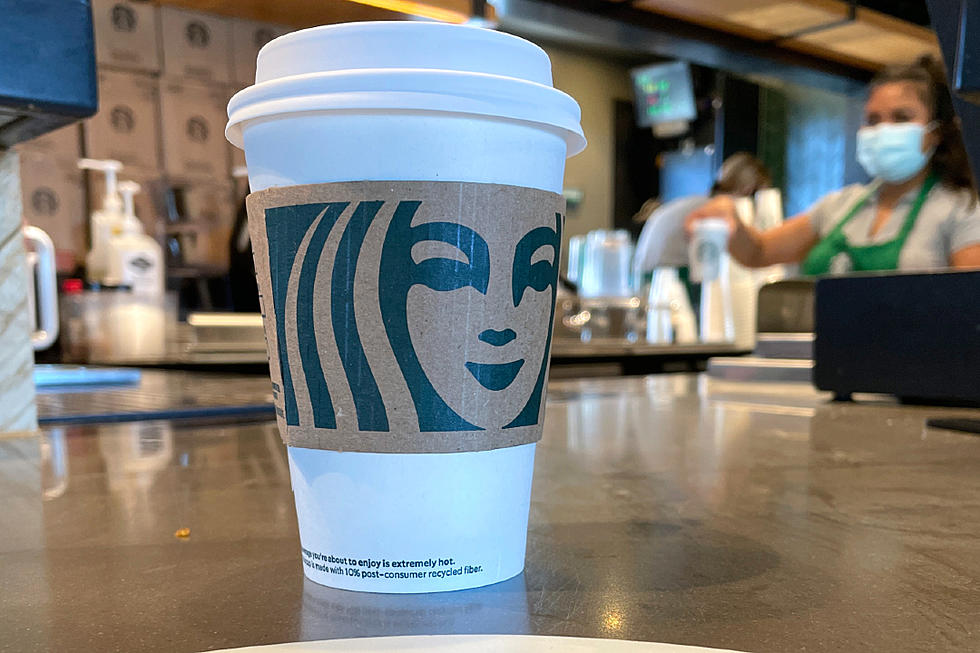
Hudson Valley Raccoons Spotted Out in Daylight: Are They Rabid?
There have been reports of raccoons roaming the Hudson Valley during daylight hours. Is this cause for concern?
This week I was heading outside to enjoy the nice weather when I spotted what I thought was a stray cat in my front yard. As I got closer I realized that this was one big cat. Then, the animal turned around and I quickly figured out that this wasn't a cat at all, but a skinny raccoon. Alarm bells immediately went off in my head as I remembered learning something about how raccoons being out during the day was a sure sign of rabies.
I slowly backed up, entered the garage and pressed the button to lower the door. The raccoon kept eye contact with me as the door took what seemed like forever to close. As soon as it shut I breathed a sigh of relief and went back inside the house to monitor the raccoon's movements.
After snapping a few photos, I sent them to my wife who replied "It's rabid, you need to kill it." Although I knew she was joking about the killing part (at least I'm 75% sure it was a joke), my fears about having a rabid raccoon running around my yard intensified.
Quickly I ran to the Internet to do some sleuthing about daytime sightings of raccoons and learned that it's actually quite normal. According to the Humane Society, seeing a raccoon roaming around during the daytime is not usually a sign that it has rabies. In fact, it's actually very common for raccoons to be active throughout the day.
If you see a raccoon in your yard during the day, don’t panic—she is not necessarily sick or dangerous. It’s perfectly normal for raccoons to be active throughout the day. She may merely be foraging longer hours to support her young, visiting a garden while the dogs are indoors, or moving to a new location.
In fact, there has only been one documented instance of a human dying after coming in contact with a rabid raccoon.
While raccoons being out during the day isn't something to be concerned with, the Humane Society did supply us with a list of rabies warning signs to look out for:
- Staggering gait
- An animal seemingly oblivious to noise or nearby movement
- Erratic wandering
- Discharge from eyes or mouth
- Wet and matted hair on face
- Repeated high-pitch vocalization
- Self-mutilation
If you notice any of these symptoms, the Humane Society suggests calling animal control.
LOOK: Here are the pets banned in each state
LOOK: Here Are 30 Foods That Are Poisonous to Dogs
More From 94.3 Lite FM









